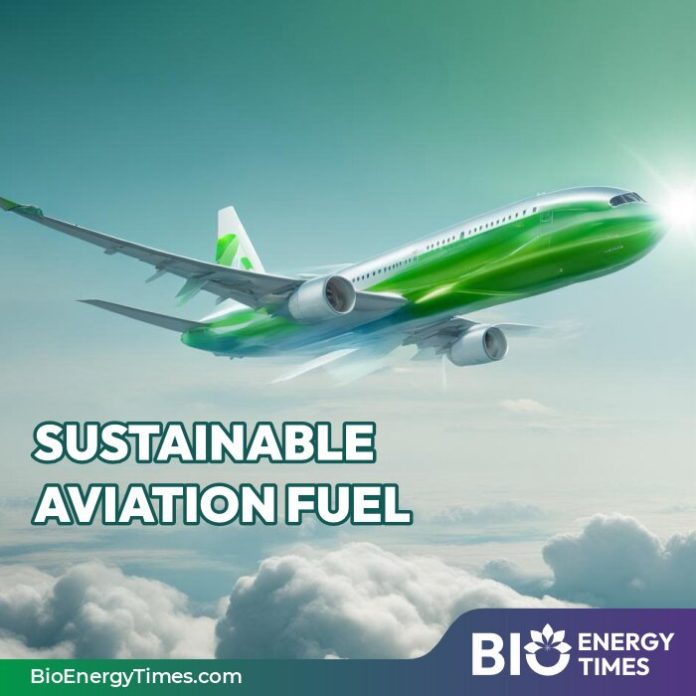In a pioneering move, Air New Zealand has issued a worldwide call to innovators and start-ups in the sustainable aviation fuel (SAF) sector to collaborate as supply partners with the airline.
It is the first time an airline has made a global call to potential suppliers in the burgeoning SAF industry to work together on supply opportunities.
Released on March 19, Air New Zealand’s Opportunity Statement outlines the airline’s SAF requirements, considering its network, fleet, sustainability goals, and criteria. The statement aims to initiate discussions for ongoing collaboration and identify fresh opportunities in the sector.
Kiri Hannifin, Chief Sustainability Officer at Air New Zealand, emphasizes the crucial role of SAF in the aviation industry’s future amid the urgent need to decarbonize.
“Air New Zealand plays an essential role in connecting New Zealand’s people, tourism, and trade to the world, but we must find a way to do this more sustainably and as quickly as we can. A stable supply of SAF is critical to our ability to reduce carbon emissions and continue to play this role for the long term.
“That’s why we’ve taken this novel approach, asking emerging SAF producers from around the world to connect with us and respond to the Opportunity Statement,” says Ms Hannifin.
“Air New Zealand is an ideal airline partner for SAF innovators and producers. We have a mature understanding of SAF, a clear roadmap to meet our targets, and the volumes of SAF we need to align with current production capabilities.
“Our airline is known for pushing boundaries and challenging ourselves to think differently, and we’re also deeply committed to meeting our decarbonisation goals. This Opportunity Statement shares our vision and allows current and future SAF producers to recognise both the opportunity and Air New Zealand’s ambition to become a customer as soon as possible.”
Air New Zealand was just the second airline globally to announce an interim science-based target. The interim target, validated by the Science Based Targets initiative (SBTi), requires a 28.9% reduction in carbon intensity by 2030, from a 2019 baseline.
Looking ahead, Air New Zealand anticipates SAF to constitute approximately 20% of its total fuel uptake by 2030, alongside continued advocacy for a long-term regulatory framework to support sustainable aviation practices.
This initiative is the latest milestone in Air New Zealand’s journey towards achieving net zero carbon emissions by 2050, complementing its ongoing efforts in pioneering next-generation aircraft technology, fostering domestic SAF industry development, and supporting sustainable aviation ventures globally.
In pursuing short, medium, and long-term SAF offtake agreements, Air New Zealand aims to provide certainty to SAF producers, investors, and financiers, thus facilitating the growth of the SAF industry and advancing sustainable aviation practices worldwide.














